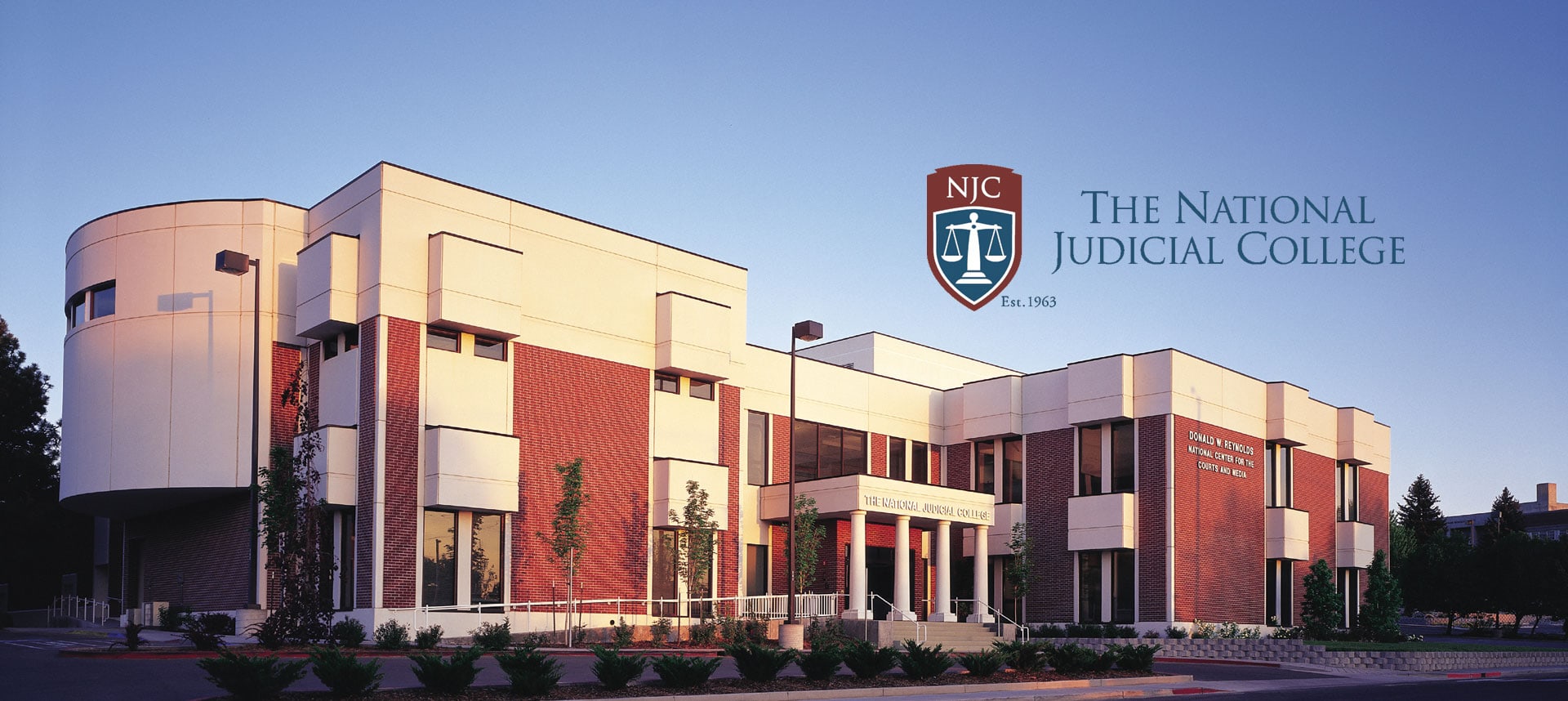A Facebook post by a lobbying group for the bail-bond industry mischaracterizes the results of a recent National Judicial College survey of judges regarding the cash-bail system.
Each month the College emails an informal, non-scientific, one-question survey to its more than 12,000 judicial alumni in the United States and abroad. The results are summarized in the NJC’s monthly Judicial Edge newsletter.
The College’s “Question of the Month” for November simply asked, “Should the money-bail system be abolished?” The question did not mention efforts to change the cash-bail system.
More than 800 judges responded, and 69 percent said no, cash bail should not be abolished. The College does not claim to know from this result how most judges feel about bail reform. Moreover, the NJC is a judicial educational institution, not a lobbying or membership group, so it does not claim to speak for judges.
In its Facebook post, the American Bail Coalition, which describes itself as “the leader in the preservation of commercial bail,” asserted that an NJC “report” showed that “69% of all judges in America reject the so-called state-bankrupting no-money bail movement.” The trade group also wrote, apparently on the day Judicial Edge appeared, “On a day when 69% of judges rejected the no-money bail system, when will these misguided activist groups admit that the no-money bail system will fail?”
These statements are misleading on a number of counts.
The survey simply asked judges if they felt the money-bail system should be abolished, not whether it should be replaced with any particular alternative such as supervised release. Also, because the question was phrased as it was, it is reasonable to assume that some judges took it to mean, “Should we end money bail and just lock up anyone accused of a crime until trial?” It doesn’t take a survey to know that many judges would oppose that.
It is also invalid to conclude that a particular percentage of “all judges in America” have a particular opinion on bail reform because the group polled included judges outside the United States.
The National Judicial College teaches judges best practices for pretrial release and detention. In fact, the newsletter in question included an article by two NJC faculty offering tips for judges on pretrial release and detention. There was also a link to a 20-minute web course, “A Judge’s Guide to Pretrial Detention for Non-Violent Offenders.”

The Hon. Mary-Margaret Anderson (Ret.), a retired administrative law judge with the California Office of Ad...

Happy October, Gaveliers faithful. Are you loving this or what? No one believed a team made up of judges...


Hon. Diane J. Humetewa, the first Native American woman and the first enrolled tribal member to serve as a ...

Retired Massachusetts Chief Justice Margaret H. Marshall has been selected as the 2024 winner of the presti...